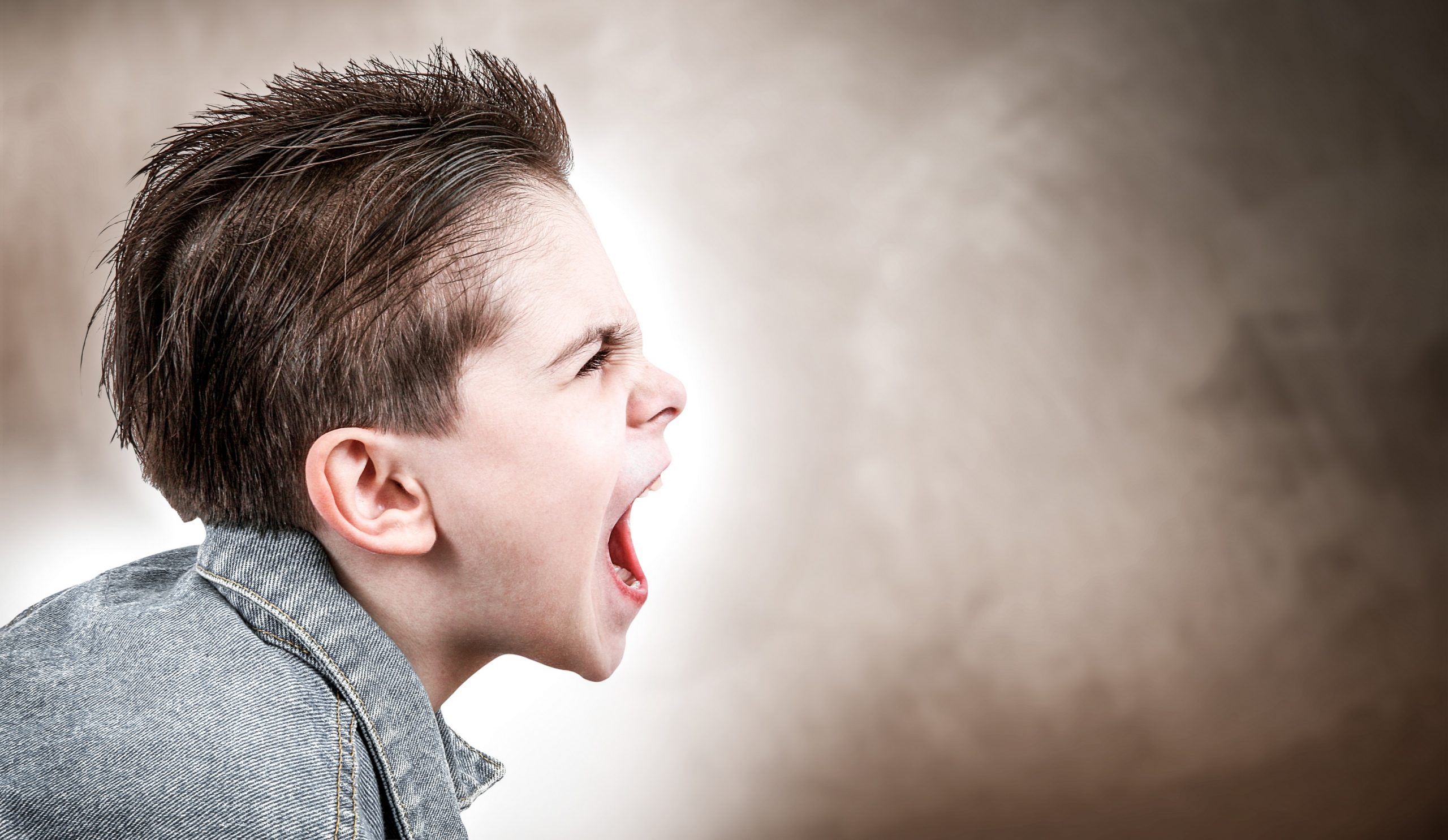
All parents get distressed if their child is often getting into trouble at school. Such children would not listen to their teachers and continue to disturb the class despite repeated requests and punishments. One of the possible reasons for this kind of behaviour is Hyperkinetic disorder also known as ADHD (Attention Deficit Hyperactive Disorder).
All children show inattention, distractibility, impulsivity, or hyperactivity at times, but a child with ADHD shows these symptoms and behaviours more frequently and with more intensity than other children of the same age. ADHD occurs in 3-5% of school age children. Some studies have even put this figure to around 10%. The symptoms of this disorder begin before the age of 7 and it can continue into adult life. ADHD has also been found to have a genetic link and is known to run in some families.
Children with ADHD may have any or all of these problems:
- Difficulty focusing on one thing. Other thoughts, sights or sounds keep interrupting them. Children say it is like switching channels on the television without control.
- Difficulty concentration at the task at hand. This is where the first part of ADHD i.e ‘Attention deficit’ comes from. Children may find it easier to concentrate on things that interest them. But what separates them from other children is the lack of capacity to concentrate even if the subject at hand is not interesting. Children also get easily angry and frustrated when adults repeatedly ask them to concentrate since they may already be trying hard to do so.
- Difficulty in thinking about the consequences of their actions. This is the impulsive bit of the disorder. Children with ADHD commonly blurt out answers in the class even when they have not been asked to, may start a test even before all directions have been explained.
- Difficulty keeping still. This is the second part of the diagnosis ADHD i.e ‘Hyperactivity’. Such children are often fidgety, squirm a lot, and appear restless. Parents say their child is “always on the go”.
- Difficulty keeping track of things. Such children tend to lose belongings, forget to finish school assignments, cannot manage their time effectively and tend to do things in the eleventh hours and in a rush.
- Falling back in their academics at school. Because of these problems these children do not do as well in academics as their peers, although they may be as intelligent as others. If even a child with ADHD wants to be a good student, the impulsive behaviour and difficulty with attention and focus continue to cause problems.
A child with ADHD needs a lot of support and understanding from adults. They are themselves going through a lot of mixed emotions. They may have negative feelings such as being:
Impatient Confused Angry
Frustrated Tense Forgetful
Misunderstood Unpopular Picked on
Not being loved Scared Teased
Lost Dumb Overloaded
They may also have some positive feelings such as being:
Imaginative Special Curious
Enthusiastic Sensitive Humorous
Friendly Energetic Creative
Caring Attractive Athletic
A child with ADHD may have other psychiatric disorders such as conduct disorder, tic disorders, anxiety disorder, or even depression. A child having symptoms of ADHD must have a comprehensive evaluation by a specialist. Once a diagnosis has been made, management should be initiated as soon as possible.
Management of ADHD includes:
- Educating people about ADHD, including parents, carers and teachers at school. This is important so that the child is not misunderstood for his behaviour which is hardly in his control.
- Providing talking therapies such as the Cognitive behaviour therapy. Cognitive therapy can help the child build his self confidence and reduce negative thought patterns
- Modifying child’s education programs at school and at home. Since children with ADHD have poor concentration time span, they should be given short tasks, spoken to them directly and clearly. Children with ADHD should preferably sit in the front of the class to minimize distractions.
- Stimulant medications such as methylphenidate, dextroamphetamine, and atomoxetine can improve attention, goal directed behaviour, and organizational skills. These medications can have various, usually harmless and self limiting side effects such as decrease in appetite, headaches, and tummy aches. Methylphenidate starts acting immediately but Atomoxetine takes a couple of weeks to show the beneficial effects.
- Other coexisting disorders with ADHD should also be managed accordingly with specialist input.
A child who is diagnosed with ADHD and treated appropriately can have a productive and successful life just like any other child. It is hence very important to identify this problem early on and initiate management depending upon the frequency and severity of symptoms and any other coexisting disorders.
Get a free Online Doctor Consultation at DrSafeHands
Book STD Test Near You : Be Safe!
DSH Wellness A Profile Package
